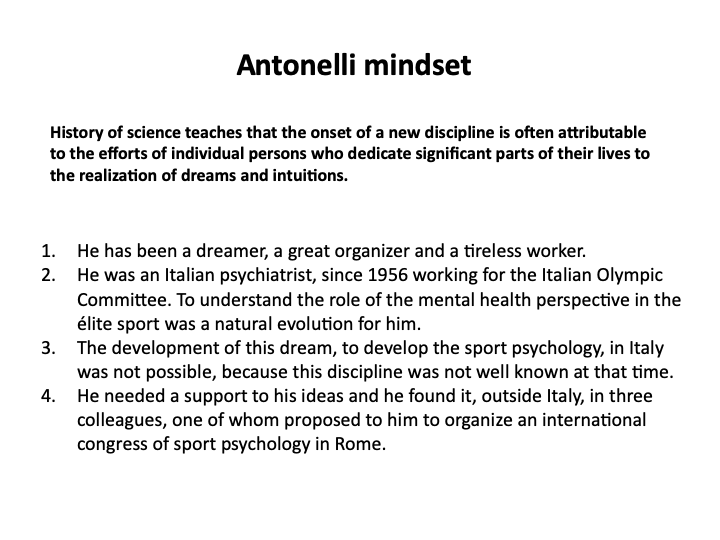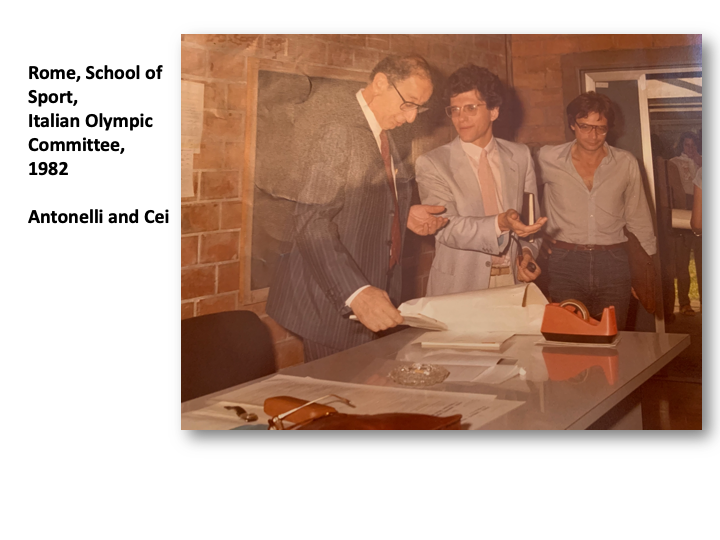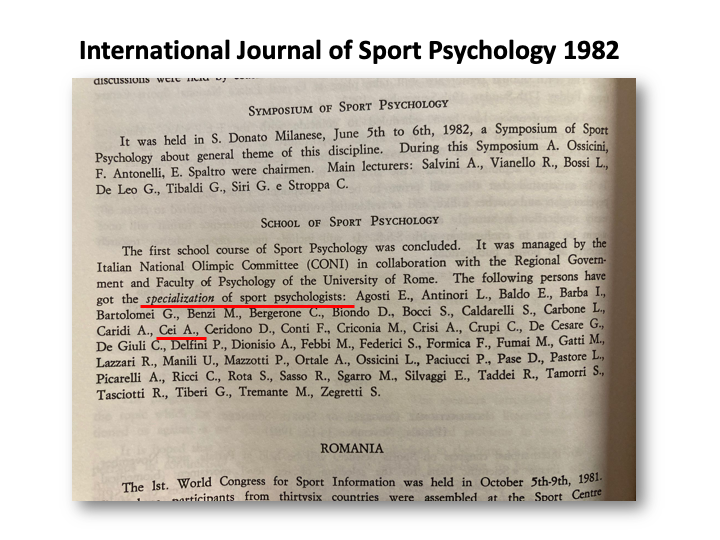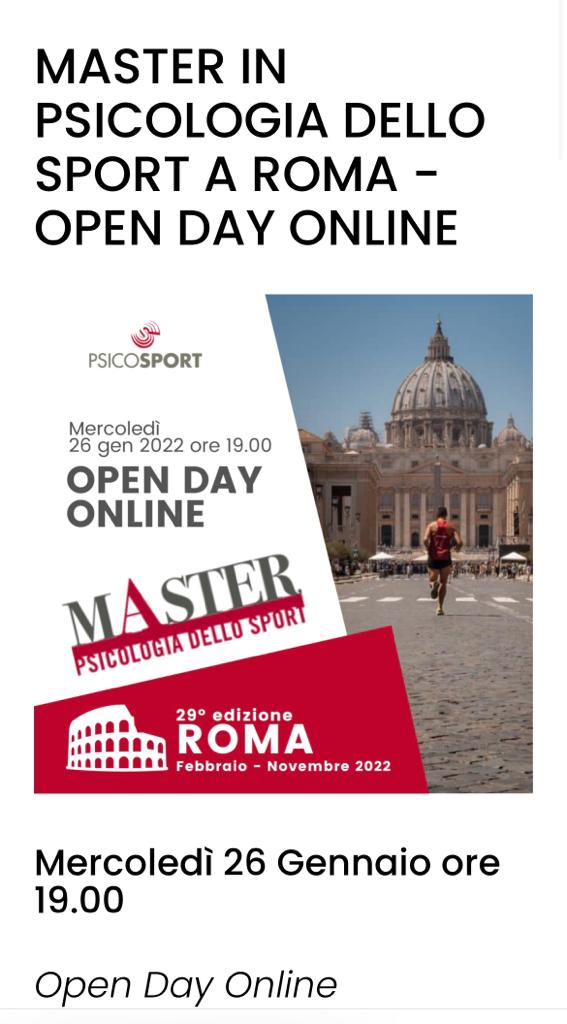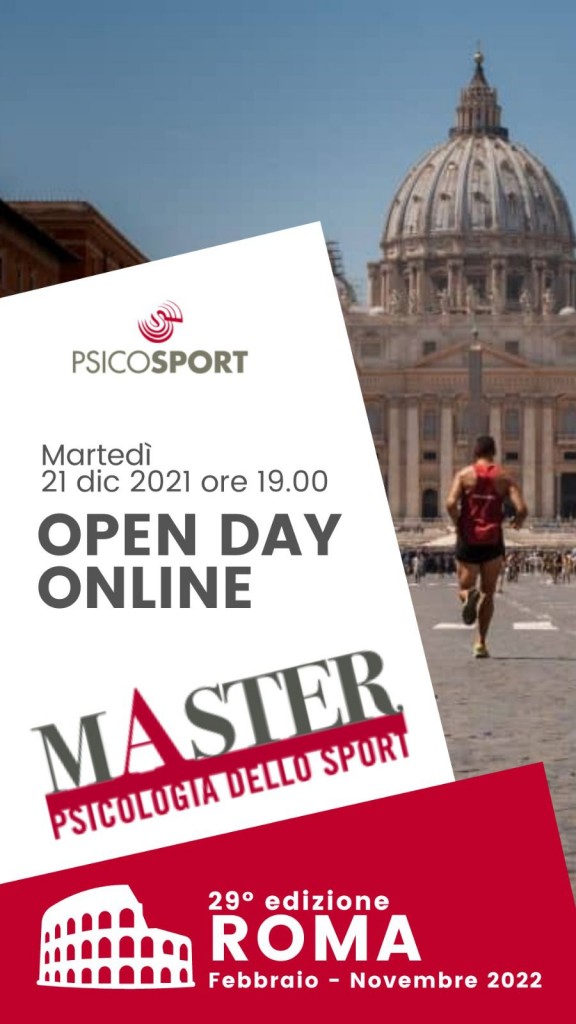Given the mission of International Society of Sport Psychology (ISSP) and in the spirit of globalization, internationalization, unification, and collaboration, the ISSP Registry Committee is finalizing the process of establishing an internationally recognized consultant/practitioner registry that represents the minimum standard of sport psychology practice. It is envisioned that the ISSP-Registry (ISSP-R) will respond to the high international mobility of both sporting clients and consultants as well as increase the visibility and credibility of the profession internationally. Importantly, it aims to augment the professional standards of the field with a particular focus on supporting those countries in which ASP is at a developing phase.
ISSP is pleased to announce that applications to the ISSP-Registry (ISSP-R) are now open for [i] Established Practitioners, [ii] Emerging Practitioners and [iii] ISSP-R Established Supervisor. Applications will remain open until Friday, December 30, 2022. Below is some of the key information.
There are two routes to being accepted onto the ISSP-Registry – the Established Practitioner route and the Emerging Practitioner route. Presently, we are accepting applications for both Established Practitioner and Emerging Practitioner routes. Secondly, there are two routes to being accepted onto the ISSP-Registry as a Supervisor – the Established Supervisor route and the Emerging Supervisor route. Presently, we are accepting applications for Established Supervisor only. Please visit the ISSP Registryand ISSP-R Supervisors pages for more information.
For Emerging Practitioners: applicants must have successfully completed the ISSP-R modules in Cultural Competence, Mental Health, and Professional Conduct to apply. For prospective ISSP-R Emerging Practitioners, online versions of these ISSP-R modules will be available in the near future. Beginning in Spring 2023, we will process and assess applications on a continuous basis, allowing applicants to submit any time.
Please direct your completed applications or questions to isspr@issponline.org
